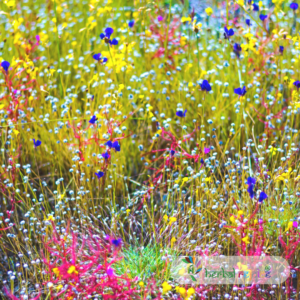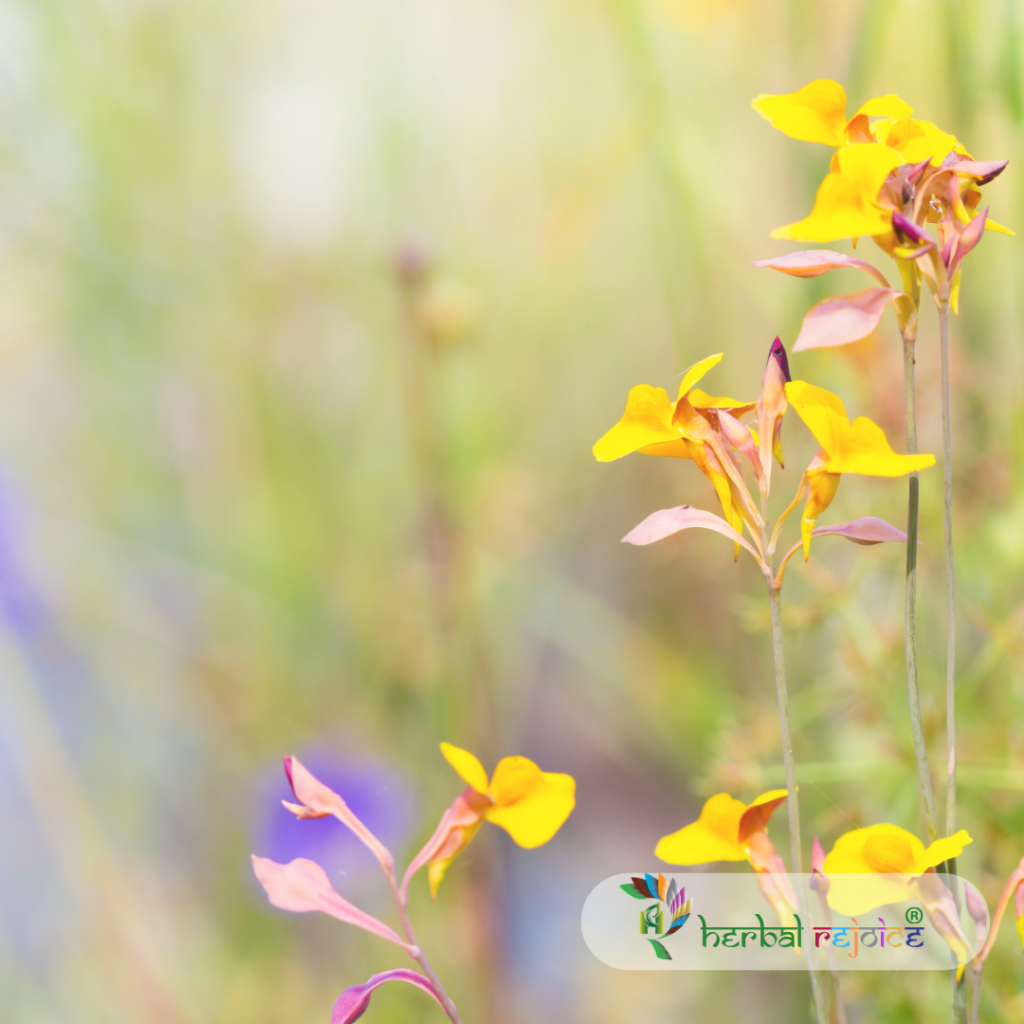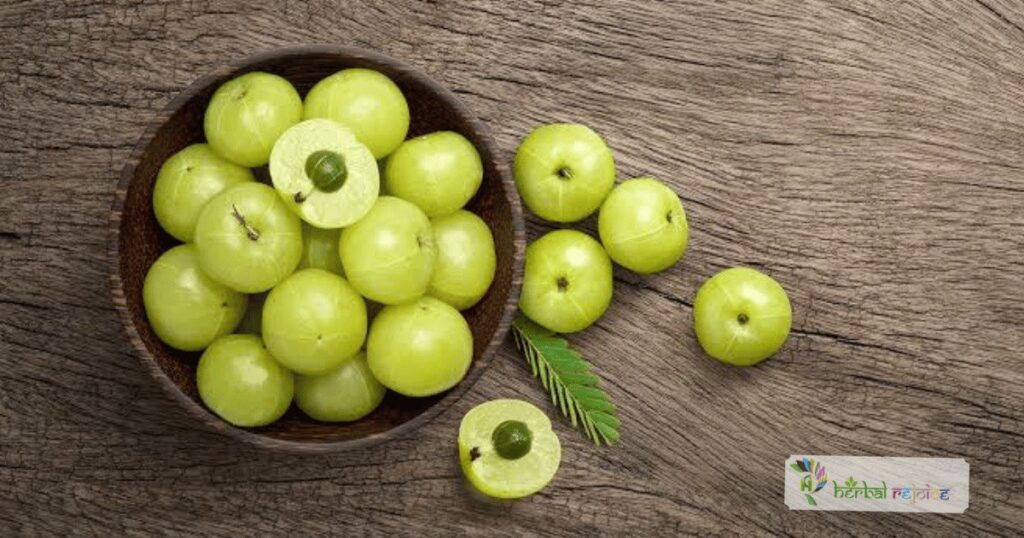Introduction
Bladderwort (Utricularia bifida Linn.), also known as Jhangi (smaller variety), is a fascinating herb that thrives in marshy places as a weed. It belongs to the family Lentibulariaceae and has been used for centuries in traditional medicine due to its remarkable medicinal properties. In this article, we will explore the various benefits and uses of this herb.
Therauptic Properties
One of the key actions of bladderwort is its diuretic properties. It has long been used as a natural remedy for urinary disorders. By increasing the production and flow of urine, bladderwort helps in the elimination of toxins and waste products from the body. This diuretic action can be particularly beneficial for individuals suffering from conditions such as urinary tract infections, kidney stones, and edema.
Apart from its diuretic effects, bladderwort also possesses anti-inflammatory and antispasmodic properties. These properties make it a valuable herb for the treatment of cough and respiratory conditions. It helps in reducing inflammation and calming spasms in the respiratory tract, providing relief from symptoms such as coughing and wheezing.
In addition to its internal uses, bladderwort can also be applied topically to treat various conditions. It is particularly effective in the treatment of mucous membrane inflammations, burns, and wounds. By reducing inflammation and promoting healing, bladderwort can help in the faster recovery of damaged tissues.

It is interesting to note that there is another variety of bladderwort called U. stellaris, which is equated with a larger variation of Jhangi. This variety shares similar medicinal properties and can be used interchangeably with Utricularia bifida Linn. However, due to its larger size, U. stellaris may offer certain advantages in terms of dosage and potency.
To make the most of bladderwort’s medicinal benefits, it is important to consume it in the correct dosage and form. This herb can be taken internally in the form of capsules, tinctures, or teas. It can also be applied topically in the form of poultices or ointments. As with any herbal remedy, it is advisable to consult a healthcare professional or an experienced herbalist before starting any new treatment.
Conclusion
In conclusion, bladderwort (Utricularia bifida Linn.) is a powerful herb with a wide range of medicinal properties. From its diuretic effects to its anti-inflammatory and antispasmodic actions, this herb has proven to be a valuable ally in the treatment of urinary disorders, respiratory conditions, and skin ailments. With its rich history in traditional medicine and its potential for future research, bladderwort continues to be a promising herb for holistic healing.


